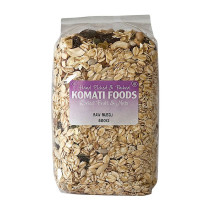Sunflower Seeds
Plant seed
Sunflower Seeds
Other Name(s):
Helianthus annuus

Sunflowers are native to North America but are now widely cultivated around the globe. It requires little water (500 - 1000 mm annual rainfall) and tolerates low and high temperatures very well.
Is Sunflower Seeds Faithful to Nature?
Yes.
Sunflower Seeds are a natural ingredient with many beauty benefits and uses in the kitchen. It can be made from sunflowers which were grown sustainably, using organic practices and requires minimal processing.
Benefits: Why is Sunflower Seeds Used?
Vitamin Content
Sunflower oil has more vitamin E than any other vegetable oil.
Nutrients
Sunflower Seeds are roughly 21% protein and 52% fat.
Deliciousness
Sunflower Seeds add wonderful texture and crunch to salads, baked goods, cereals and more.
Pure
Sunflower is not a GMO crop.
Sunflower Seeds can be found on store shelves dried, roasted, salted, seasoned and mixed with other seeds, nuts and dried fruit. Many snack and cereal makers use Sunflower Seeds in their mueslis, snack bars, breads and more.
Once a crop of Sunflowers begin to turn brown, they are harvested using large machines called combines. If farmers leave them too long, birds will eat them! Combine harvesters simultaneously separate the seeds from the flower heads. The seed collection is then sent to sorting to remove any remaining chaff and other foreign material. The seeds can be further processed by roasting, dehydrating, adding salt, seasonings or even being candied.
There are two main types of sunflower seeds, those grown for snacks and those grown for oil. The snacking types are a bit larger and contain less oil. Yum!
Notice: The information provided here is not intended as medical advice and is for educational purposes only.
Products Containing Sunflower Seeds
-
sku111684

-
sku118364


-
sku139213
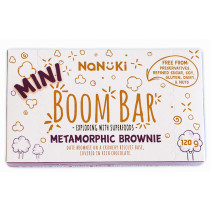
-
sku9433
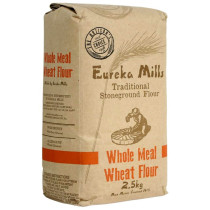
-
sku118365

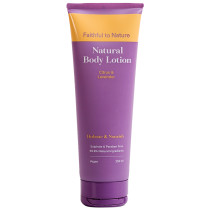
-
sku119063
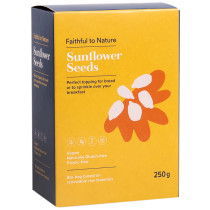
-
sku116355
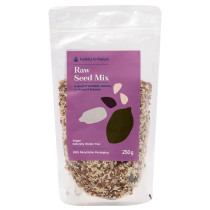
-
sku116331
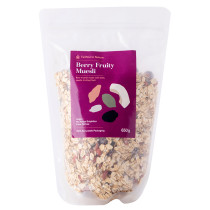
-
sku3139
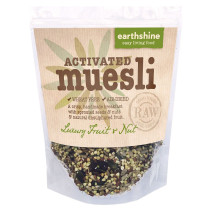
-
sku132097
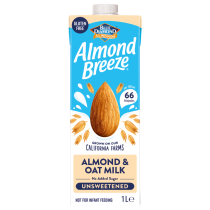
-
sku139212
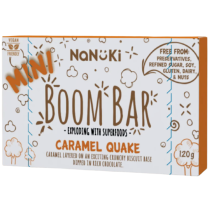
-
sku116332
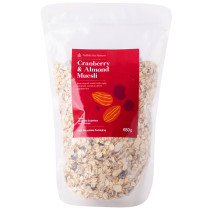
-
sku65270
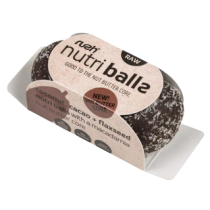
-
sku10623
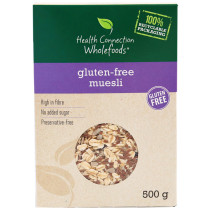
-
sku61949
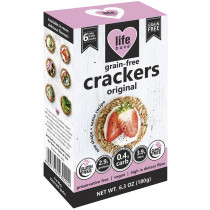
-
sku67122

-
sku60163
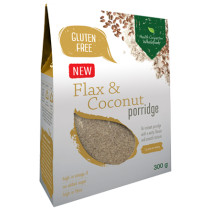
-
sku116333

-
sku120271
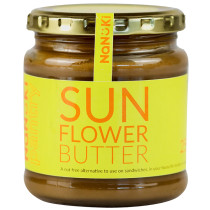
-
sku3111v1
-
sku61951
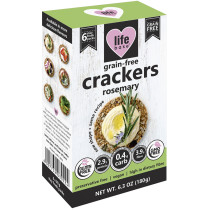
-
sku66217

-
sku3047v3
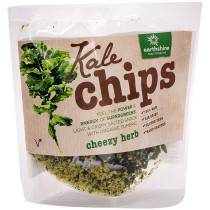
-
sku60160

-
sku61950
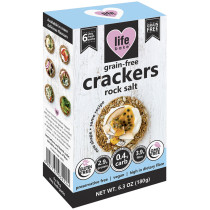
-
sku67128
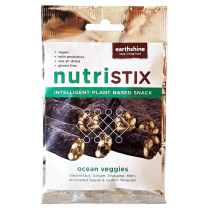
-
sku65269
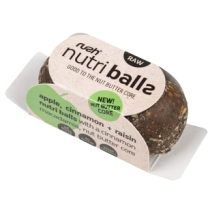
-
sku80296
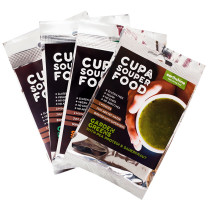
-
sku123104
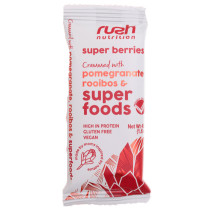
-
sku67123

-
sku4428
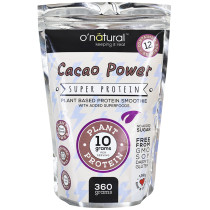
-
sku11262
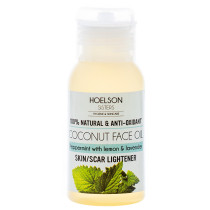
-
sku130923
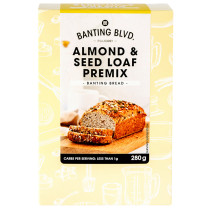
-
sku97473
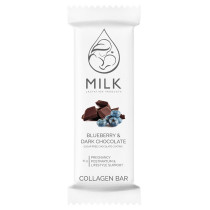
-
sku4430
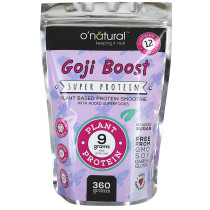
-
sku130925
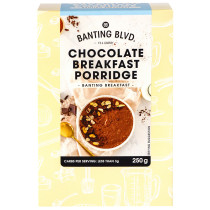
-
sku61948
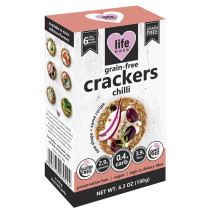
-
sku11018

-
sku11017
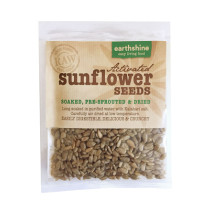
-
sku90177


